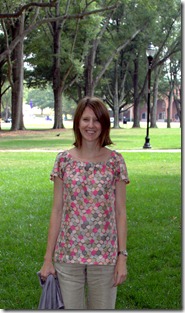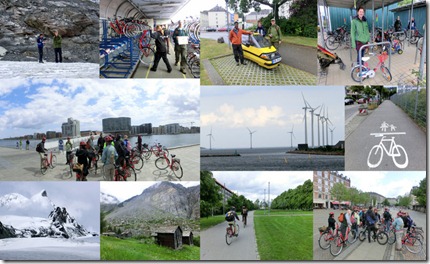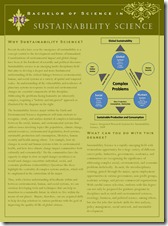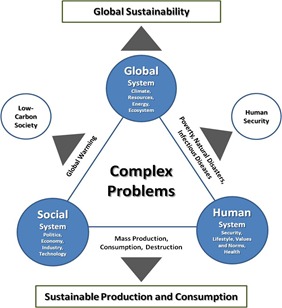Environmental Policy offered by Dr. Angela Halfacre (Director of Shi Center for Sustainability and Associate Professor of Earth and Environmental Sciences and Political Science departments) attracts students interested in sustainability, environmental policy, environmental law, earth and environmental sciences, and political science. This course offers an interdisciplinary approach to understanding how environmental policy can address problems relating to consumption, development, environmental risk, and environmental justice. An important part of this course are student research projects. These projects examine policy, including perceptions and behaviors, on the Furman campus or in the Greater Upcountry region (Greater Greenville, South Carolina). Connections to and considerations of environmental policy approaches related to preservation, conservation, protection and sustainability are emphasized and examined through the student research. A central theme of the course is the policy and politics of sustainability strategies by scale (campus to community).
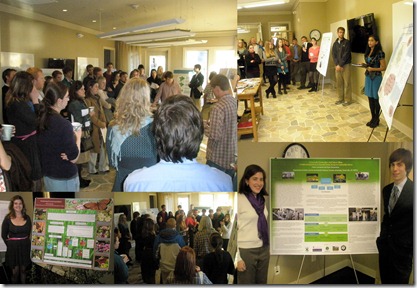
The students in the Fall 2010 section of the course shared the results of their semester research through a poster session held on December 1 at the David E. Shi Center for Sustainability located at Cliffs Cottage. Over 70 participants attended the event, and students shared a short overview of their projects and participants then talked one on one with the students about their research in greater detail. Representatives from several community partners attended including Greenville Forward, the City of Greenville, Spartanburg County, and Upstate Forever. Faculty, staff, administrators, and students from several departments and divisions also participated, and shared ideas, fellowship, and conversation about the research while also enjoying seasonal sweets (warm apple cider, apple fritters, and sweet potato bread supplied by Aramark). Several of the research projects will be continued by the students in their future individual research efforts as well as through "legacy projects" with students enrolling in future offerings of the Environmental Policy course.
More details regarding individual research projects or further enquiries about the center should be sent to Brittany DeKnight at the David E. Shi Center for Sustainability, Furman University.


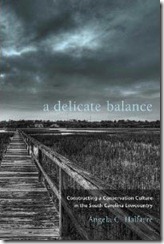
 Patrick Starr (Earth and Environmental Science and Political Science Major) and Wes Floyd (Sustainability Science Major) are among six students from three Universities that received fellowship from Piedmont Natural Gas Foundation to support and pursue real-world problem solving projects in collaboration with local communities and non-profit and government agencies.
Patrick Starr (Earth and Environmental Science and Political Science Major) and Wes Floyd (Sustainability Science Major) are among six students from three Universities that received fellowship from Piedmont Natural Gas Foundation to support and pursue real-world problem solving projects in collaboration with local communities and non-profit and government agencies. 